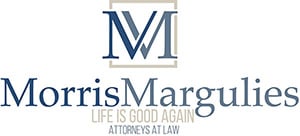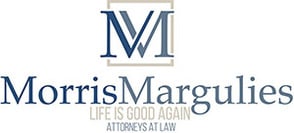
Bankruptcy law requires all creditors to cease collection activity when a debtor files for bankruptcy. The Fair Debt Collection Practices Act (FDCPA) also imposes restrictions on collection activity by debt collectors. In a recent decision by the Third Circuit Court of Appeals in Simon V. FIA Card Services, N.A., 2013 WL 5508868 (C.A.3 (N.J.)), the Court ruled that a creditor can be found to have violated both laws when it attempts to collect a debt in bankruptcy. The issue before the court was whether a debt collector’s letter and notice requesting an examination under Federal Rule of Bankruptcy Procedure 2004 and offer to settle a debt instead of filing an adversary proceeding to challenge its dischargability, sent to a debtor while his bankruptcy case was pending, could be the basis for liability under the FDCPA.
In ruling for the debtors, the court held that where FDCPA claims arose from communications a debt collector sent a debtor in a pending bankruptcy proceeding, and the communications allegedly violated the Bankruptcy Code or Rules, there was no categorical preclusion of the FDCPA claims. In agreeing with the approach of the Seventh Circuit, the court reasoned that the proper inquiry for both circumstances was whether the FDCPA claim raised a direct conflict between the Code or Rules and the FDCPA, or whether both could be enforced. In addressing the issue of “implied repeal,” the court discussed Supreme Court precedent holding that when two statutes were capable of coexistence, the courts were to regard each statute as being effective, absent a clearly expressed congressional intention to the contrary.
This decision creates an even split in the Circuits that have addressed this issue, with the Third and Seventh Circuits holding that an FDCPA action is not precluded, and the Second and Ninth Circuits holding that such an action is precluded.
For example, the Second Circuit reasoned that there was no need to protect debtors who were already under the protection of the bankruptcy court, and there was no need to supplement the remedies afforded by bankruptcy itself with a claim under the FDCPA. And in the Ninth Circuit, the argument was similar: to permit an FDCPA action in a pending bankruptcy case would circumvent the remedial scheme of the Bankruptcy Code under which Congress struck a balance between the interests of debtors and creditors by both permitting and limiting debtors’ remedies.
This issue is pending in the federal District Court of Maryland in one of the cases where the law firm of Laura Margulies & Associates, LLC is involved. We will need to wait and see which Circuit Court view our Court will apply. Please call us if you believe you are or were the victim of credit harassment or abuse. You can find more information about our firm at www.law-margulies.com.

